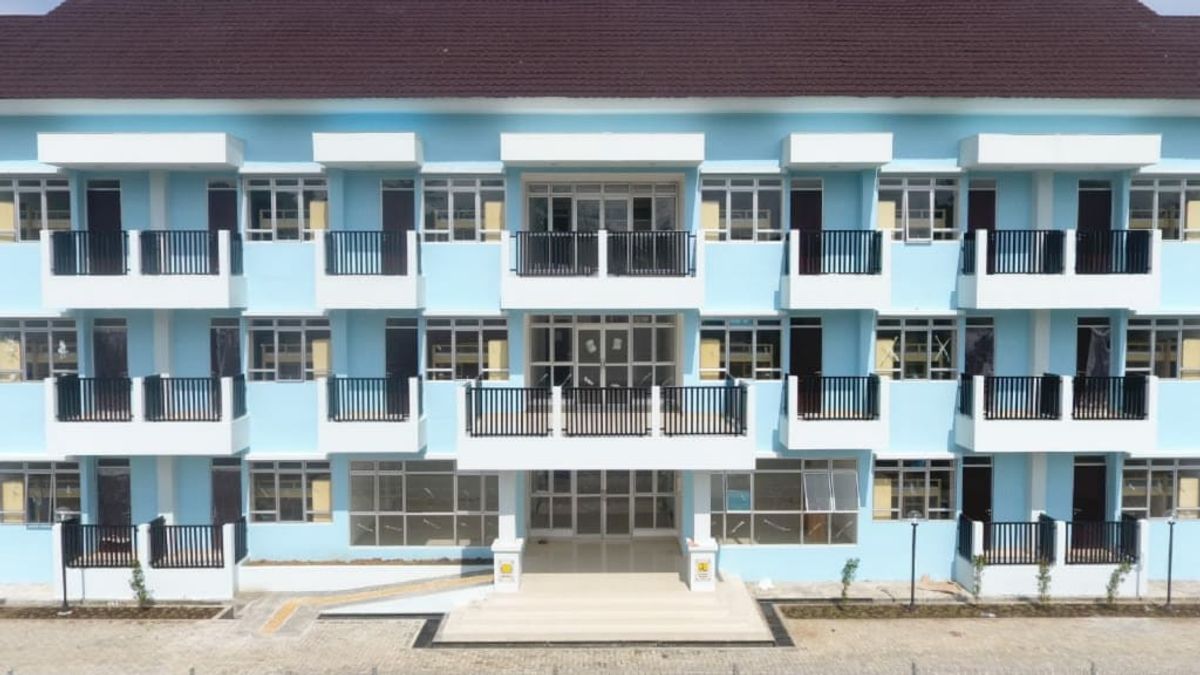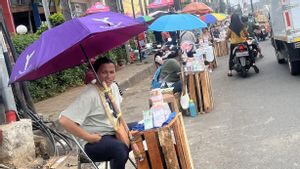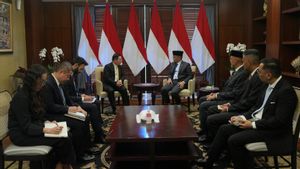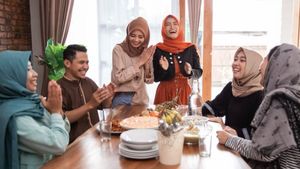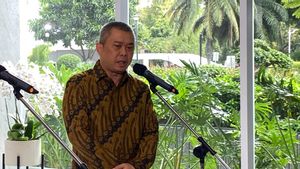JAKARTA - The Ministry of Public Works and Public Housing (PUPR) has asked the local government to immediately encourage housing for rental flats (rusunawa) that have been completed to help residents live in habitable housing.
"We hope that the local government can immediately conduct residential housing if the building has been completed. We will issue a temporary settlement letter if the regional government has coordinated the prospective residents of the flat," said Director General of Housing Provision of the PUPR Ministry, Khalawi Abdul Hamid, in his statement, Friday, December 20.
According to Khalawi, the flat, which was built by the PUPR Ministry, is intended for people who do not yet have a livable house. The land for the vertical building construction location comes from the local government.
The construction of the flat, said Khalawi, is the government's effort to anticipate the increasingly limited land for community housing. Rusunawa is built in various big cities in Indonesia because the price of land available for housing is increasing.
Khalawi also hopes that the regional government can provide ease of licensing in the process of developing Rusunawa. In addition, local governments can also complete a Building Permit (IMB) and create managers to coordinate the community, especially those who do not have a house, so they can occupy the flat.
"We hope that the local government is also proactive if there is a flat in the area that has been completed, it must be immediately used or occupied," said Khalawi.
In addition, the PUPR Ministry stated that it was ready to collaborate with regional governments to carry out community-based housing construction. The PUPR Ministry stated that a number of local governments have submitted proposals for communities in areas that need housing assistance.
According to Khalawi, the existence of communities in society will help encourage housing development in Indonesia. This was carried out in order to encourage participatory community self-reliance and at the same time increase the achievements of the One Million Houses Program.
The objectives of implementing a community-based housing program include building and strengthening community self-reliance in building participatory and inclusive housing.
Khalawi explained that there are at least five criteria for the community to be the target of implementing the program. First, the community is a non-fixed income low-income (MBR) community with incomes ranging from IDR 1.2 million to IDR 2.6 million.
The second is that they have never owned a house, own land under their own name or in groups but can be divided on behalf of each and the community comes from one social group that comes from the same or different environment or several social groups who come from the same or different environment. .
The third criterion is that the community consists of at least 50 heads of households and all members are MBR who are married and have the ability to be self-sufficient and have groups.
The next criterion is that the community is a legal entity or not a PT with a legal entity but has a deed of establishment and a notary and is listed by AD / ART. Meanwhile, the last criterion is that the community is determined by the Mayor / Regent.
"The local government can collaborate with the community to increase the potential of local wisdom in the area. Thus, tourists can see something different and the community house is also important to reduce the appearance of slum areas," he said.
The English, Chinese, Japanese, Arabic, and French versions are automatically generated by the AI. So there may still be inaccuracies in translating, please always see Indonesian as our main language. (system supported by DigitalSiber.id)
